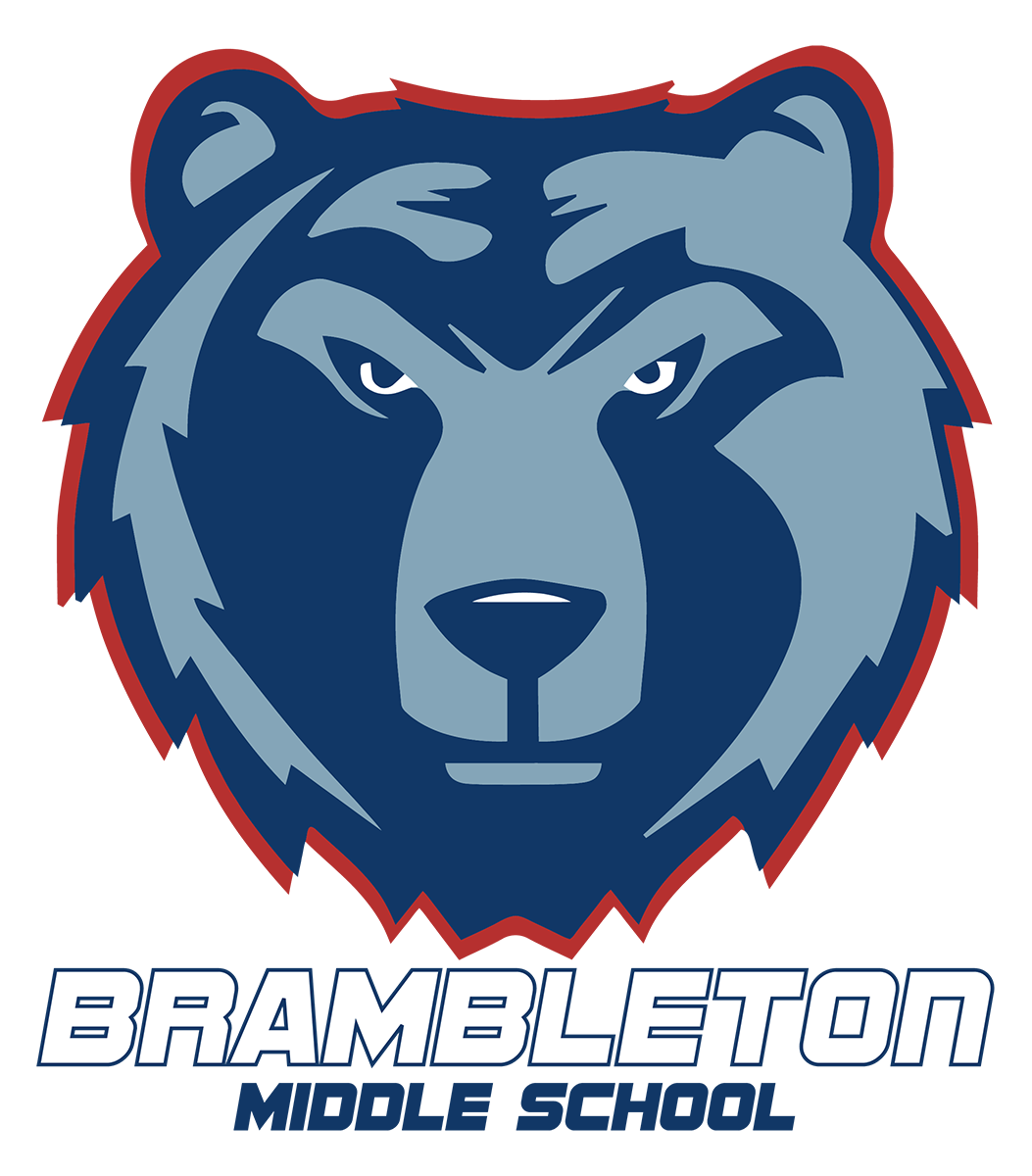
Comprehensive Needs Assessment - Executive Summary
School Improvement Team | |
|---|---|
Robert Marple | Principal |
Jesselyn Batts | Assistant Principal |
Lisa Gray | Assistant Principal |
Corrina Orr | Assistant Principal |
Amy Rosenbrock | Dean |
Matthew Prince | Dean |
Meredith Lopez | Instructional Facilitator, Technology |
Kelly Dunn | Equity Lead |
Rachel Sin | English Language Teacher |
Deborah Hunt | Special Education Subject Area Lead Teacher |
Sean Griffin | Social Sciences & Global Studies Subject Area Lead Teacher |
Heather Masternick | Reaching Specialist |
Kelly Lilly | English Teacher; Reading Interventionist |
Instructional Overview |
|---|
Secondary English and Reading: Curriculum and Instruction: Secondary English and Reading instruction is grounded in the science of reading and utilizes evidence-based literacy practices that reflect three of the five pillars of literacy: fluency, vocabulary, and comprehension, in addition to writing. Instruction across all areas of literacy is explicit and systematic and aligns with the Virginia Standards of Learning (SOLs). The purpose of curriculum and instruction is to develop knowledgeable readers, writers, speakers, and thinkers. Resources: All classrooms are provided with state-approved resources consistent with the expectations of the Virginia Literacy Act and VDOE recommendations. Resources include digital content such as No Red Ink, Newsela, and Schoology as well as authentic literature and informational texts. Professional Learning: Secondary teachers and reading specialists engage in continuous professional development to support the implementation of best practices for literacy instruction in classrooms and intervention settings. Intervention and Progress Monitoring: Each student’s literacy progress is monitored through multiple data points including MAP, SOLs, and IReady as well as formative assessments. Students who have identified areas of need are provided with differentiated classroom instruction and/or evidence-based intervention. Using the LCPS decision trees as guidance, tiered supports are provided to students that align with expectations outlined in the Virginia Literacy Act. At Brambleton, our approach to English instruction is to provide a comprehensive and strategic pathway to reading and writing instruction, focusing on enhancing student literacy outcomes through evidence-based practices and targeted support. Math: LCPS Math Curriculum and Instruction uses a math workshop structure and focuses on student-centered learning activities that include daily number sense routines and reflection. Teachers plan small-group targeted instruction, varying the groups regularly. Instruction prioritizes hands-on, inquiry-based learning focusing on conceptual understanding using representations and models/manipulatives. Instruction also emphasizes the implementation of the Process Goals and the 5Cs through student collaboration, reasoning, communicating, making connections, and problem-solving. Students who have identified areas of need are provided with differentiated classroom instruction and/or explicitly taught, evidenced-based intervention. At Brambleton our approach to mathematics instruction is grounded in a commitment to fostering a deep understanding of mathematical concepts and developing critical problem-solving skills. Science: LCPS science programs are designed to actively engage students in the process of science and use reasoning processes that build scientific thinking. These programs teach students to know, use, and interpret scientific explanations of the natural world; to generate and evaluate scientific evidence and explanations; to understand the nature and development of scientific knowledge; and to participate productively in scientific practices and discourse. At Brambleton, our approach to Science instruction is to provide a robust science education that fosters curiosity, critical thinking, and a deep understanding of scientific principles.
|
Comprehensive Needs Assessment Academic Achievement |
|---|
At Brambleton, we celebrate all student growth. Specifically, for the needs assessment and executive summary, we have highlighted our areas of need and growth in Reading and Mathematics. Reading In Reading, our overall (all students/all subgroups) student pass percentage increased from 88.2% in school year 2022-23 to 92% in school year 2023-24. Two critical areas of significant growth in subgroups were:
(see Appendix 1) Brambleton continues to work towards increasing the growth percentiles in all students/all subgroups. Mathematics In Mathematics, overall (all students/all subgroups) student pass percentage increased from 89% in school year 2022-23 to 91% in school year 2023-24. Again, two critical areas of significant growth in subgroups were:
(see Appendix 1) These areas are highlighted due to our school's deliberate focus on addressing them through the collective efficacy of our staff. This approach was effectively implemented through various initiatives, including the Climbing to the Summit professional development program and strategic Collaborative Learning Team (CLT) efforts. These initiatives enabled us to create highly targeted support and intervention strategies aligned with our student data. These strategies were applied directly in classrooms, during resource time, and in after-school targeted instruction (Campfire) sessions. |

Appendix 1
Comprehensive Needs Assessment Student Engagement |
|---|
Our 2023-24 climate survey reveals that Brambleton students experience a supportive and secure environment. Key highlights include:
These metrics underscore our commitment to fostering a safe, challenging, and engaging educational environment. The Brambleton staff continue to hold themselves accountable for 100% of our students feeling that they belong at our school and can achieve academic success. Brambleton continues to engage students through clubs, intramural sports, and enhanced advisory (Den Time) activities. |
Extended Learning and Engagement Opportunities |
|---|
Extended Learning: i.e. Clubs, field trips, guest speakers, EADL, extra-curricular activities, etc. At Brambleton Middle School, we enhance student engagement and development through a range of extracurricular and enrichment activities. Our Club Ranger program offers diverse after-school clubs that cater to various interests, providing students with additional opportunities for personal growth and learning. Students also benefit from educational field trips organized through our ENCORE classes and grade-level excursions which extend their learning beyond the classroom. This school year, Brambleton will be offering intramural sports: 7 vs 7 Football, Basketball, Volleyball, and Soccer. Family and Community Engagement Opportunities: At Brambleton, we are committed to fostering a strong, inclusive school community through a variety of engagement events. Our school, in collaboration with our PTSA, organizes the BAM Bash and BAM Jam to celebrate and build connections among families and the community. Additionally, Bingo Night and Multicultural Night offer opportunities for family involvement and cultural exchange. To honor and recognize the diverse contributions of our family members and in collaboration with our PTSA, Brambleton hosts special events such as the Grandparents’ Breakfast and Veterans’ Breakfast. These gatherings provide a platform to celebrate the important roles these individuals play in our students' lives. Brambleton facilitates “Parent Coffees” to foster open communication and collaboration with families, ensuring they are well informed and actively engaged in their children's educational experience. Brambleton holds the Virginia Purple Star Designation which is awarded to military-friendly schools that demonstrate a commitment to students and families connected to our nation’s military. Brambleton is designated as a No Place for Hate School demonstrating our commitment to building a learning community of inclusivity, respect, and equity. Brambleton is also designated as a Virginia Schools to Watch school (2022) and a School of Distinction (2023). These accolades are awarded on a three-year and four-year cycle, respectively. |
Climate and Culture |
|---|
At Brambleton, Our 2023-24 climate survey reveals that Brambleton students experience a supportive and secure environment. Key highlights include:
Positive Behavioral Interventions and Supports (PBIS): PBIS is a systemic approach for establishing a safe and supportive learning environment. Through the implementation of a consistent vision, language, and practices, school staff promote social, behavioral, and academic success for all students. Successful implementation of PBIS can lead to a positive school climate, improved classroom management, increased understanding of schoolwide expectations, strengthened relationships, increased positive behaviors, academic achievement, and equitable learning experiences, along with decreased office referrals and suspensions. To support implementation, the PBIS team meets regularly to evaluate behavioral data, provide behavioral lessons based on identified needs, and share resources.
At Brambleton, We CLIMB with:
Social Emotional Learning (SEL): The social-emotional learning framework provides students with explicit SEL instruction, practice and reinforcement of skills through academic integration and a supportive environment that cultivates relationships, belonging, safety, and a student-centered approach. The framework is supported by the involvement of all community members, including staff, students, families, and community partners.
|
